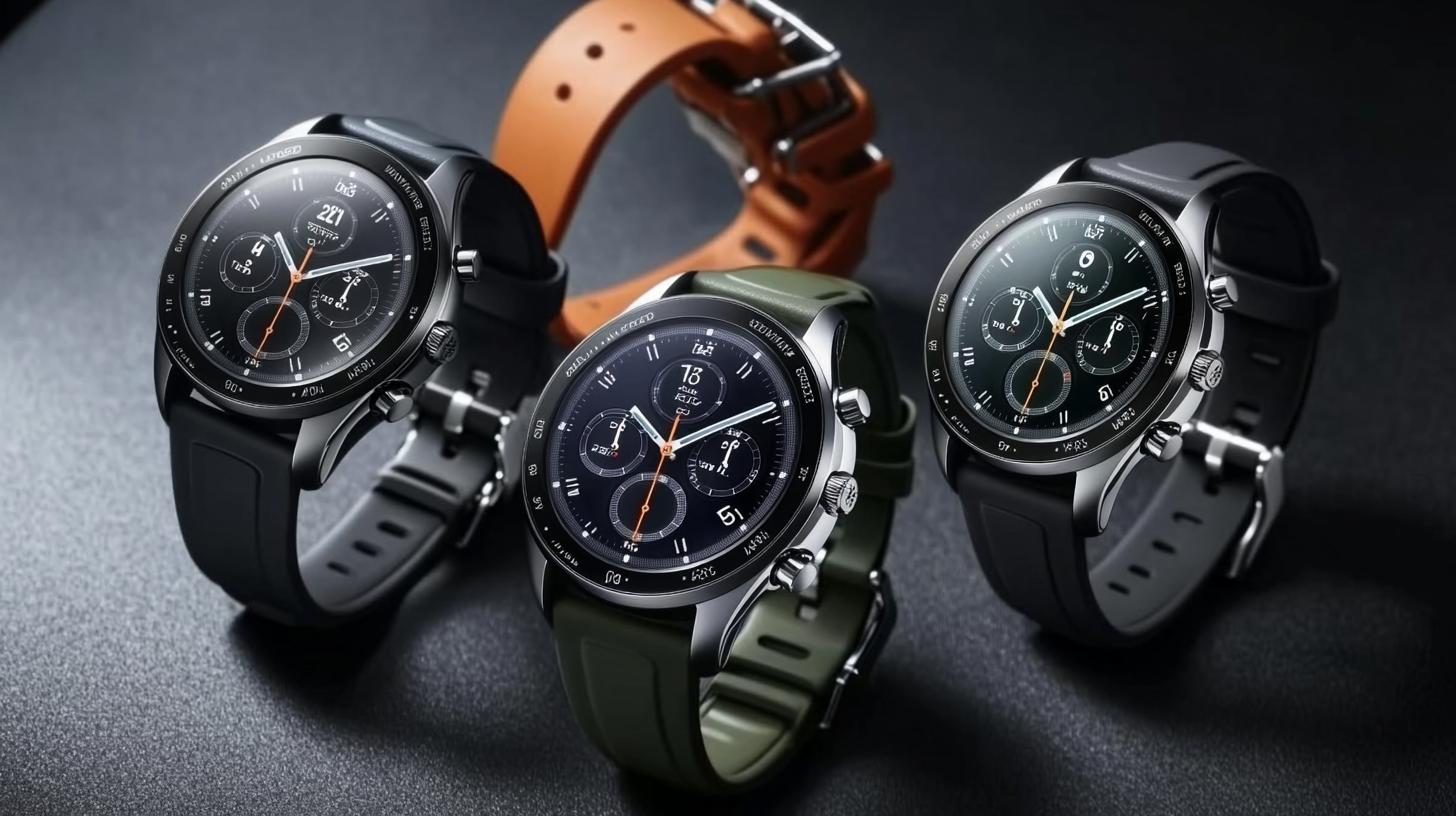Samsung is offering a tempting deal for smartwatch enthusiasts: a significant discount on the Galaxy Watch Ultra. The high-tech wearable, originally priced at £599, is now available for just £499, but there’s a way to drop that price even further.
If you own an Apple Watch Ultra, you can trade it in to bring the price down to an incredible £309. Even older Apple Watch models, from Series 2 to Series 8, qualify for substantial discounts, although SE models are not included. The promotion doesn’t stop with Apple devices; trade-ins are also accepted for older Samsung Galaxy Watches, as well as select Garmin and Oppo wearables.
Without any trade-in, the Galaxy Watch Ultra remains an attractive purchase at £499. Reviews highlight its robust design and exceptional software capabilities, powered by Google’s WearOS. With features like a remarkable two-day battery life, precise GPS tracking, extensive activity logging, sleep monitoring, and a unique daily energy score, this smartwatch proves its value.
The rugged Galaxy Watch Ultra is built to withstand extreme conditions, making it ideal for adventurers. It offers water resistance up to 10 ATM, altitude tolerance up to 9,000 meters, built-in 4G connectivity, and even a track-back mode for retracing steps. Users will appreciate its turn-by-turn directions and durable construction available in three colors.
The offer of the £499 price lasts until December 3, while trade-in discounts are available until the end of December.
The Untold Story of Smartwatches: Evolution, Impact, and the Next Frontier
In recent years, smartwatches have transcended their role as mere timekeepers to become potent tools that could redefine health, fitness, and connectivity for millions. Understanding this, Samsung’s latest promotional strategy for their Galaxy Watch Ultra—as described above—might seem like typical market competition. However, it hints at a broader narrative involving the evolution and impact of smartwatches on technology and society.
Revolutionizing Health Monitoring
One of the most profound effects of smartwatch technology is in health monitoring. These devices are not just fitness trackers; they can monitor heart rates, detect irregular heartbeats, measure oxygen saturation levels, and even perform rudimentary electrocardiograms (ECGs). In a world heavily invested in personal and preventive healthcare, this technology is invaluable.
With these capabilities, smartwatches have the potential to revolutionize the healthcare industry by bridging gaps between patients and providers. They allow for real-time health data, enabling early detection of potentially life-threatening conditions. Still, how reliable are these readings compared to clinical equipment? Current studies show encouraging results, but widespread clinical acceptance requires further validation.
The Data Controversy
As with any technology collecting personal data, smartwatches raise concerns about privacy and data security. Who owns the data generated? How is it protected? While companies like Samsung and Apple pledge strict data protection, the potential for misuse exists. This ambiguity has sparked debates around ethical data usage and digital rights.
Moreover, the pooling of such vast amounts of personal health data raises questions about its use in epidemiological research. While the potential benefits, like tracking public health trends, are immense, the ethics of using personal health data without explicit consent remain contentious.
The Pros and Cons of Wearable Technology
On the positive side, smartwatches enhance convenience, offering everything from GPS navigation to contactless payment systems right on your wrist. Large ecosystems, like Google’s WearOS and Apple’s WatchOS, deliver seamless integration with smartphones and IoT devices, pushing the boundaries of everyday convenience.
However, dependency on device connectivity—like that offered by the Samsung Galaxy Watch Ultra’s 4G connectivity—poses a downside: increased electronic waste and a higher carbon footprint from production and disposal. Additionally, does constant connectivity come at the cost of mental well-being? Critics argue that the imperative to remain ‘always connected’ can lead to stress and digital fatigue.
What’s Next for Smartwatches?
As technology evolves, so will smartwatches. Integration with artificial intelligence (AI) promises to make these devices smarter, potentially offering personalized health insights and predictive healthcare. But what are the implications for healthcare systems, and how do we prepare for a world where AI-driven wearables are the norm?
Skeptics question whether advancements focusing on health statistics may overshadow the primary function and design innovations of watches. Balancing function with fashion will be key to attracting broader demographics, beyond tech enthusiasts or fitness buffs.
In the future, as wearables become more advanced, the dialogue around their impact will grow increasingly complex. It is crucial for manufacturers, like Samsung and others, to navigate these waters carefully, adhering to ethical practices while exploring technological possibilities.
For more on wearable tech, privacy issues, and future forecasts, visit the following links for trusted insights: Samsung and Apple.







